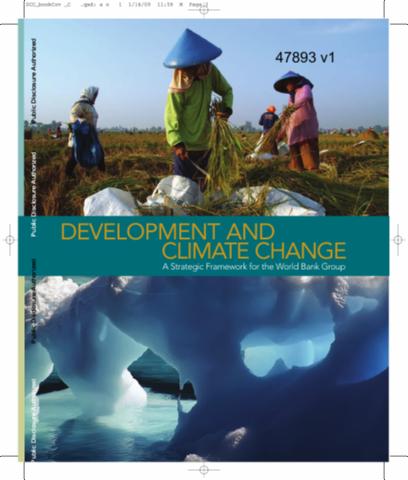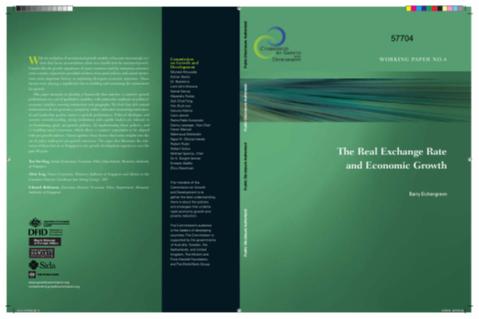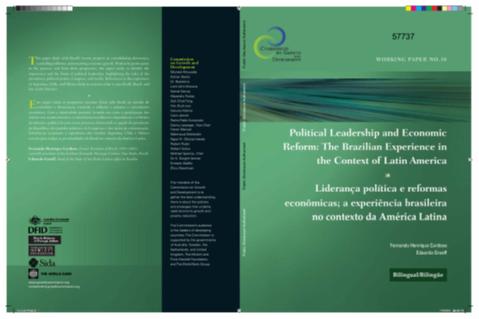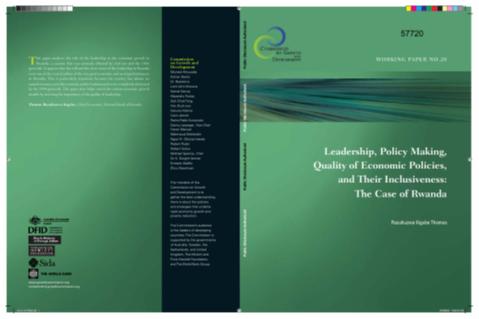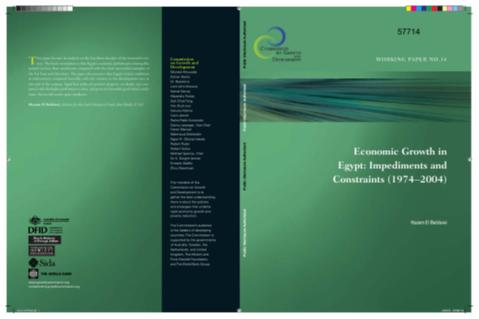The World Bank is a vital source of financial and technical assistance to developing countries around the world. We are not a bank in the ordinary sense but a unique partnership to reduce poverty and support development. The World Bank Group has two ambitious goals: End extreme poverty within a generation and boost shared prosperity.
- To end extreme poverty, the Bank's goal is to decrease the percentage of people living on less than $1.25 a day to no more than 3% by 2030.
- To promote shared prosperity, the goal is to promote income growth of the bottom 40% of the population in each country.
The World Bank Group comprises five institutions managed by their member countries.
The World Bank Group and Land: Working to protect the rights of existing land users and to help secure benefits for smallholder farmers
The World Bank (IBRD and IDA) interacts primarily with governments to increase agricultural productivity, strengthen land tenure policies and improve land governance. More than 90% of the World Bank’s agriculture portfolio focuses on the productivity and access to markets by small holder farmers. Ten percent of our projects focus on the governance of land tenure.
Similarly, investments by the International Finance Corporation (IFC), the World Bank Group’s private sector arm, including those in larger scale enterprises, overwhelmingly support smallholder farmers through improved access to finance, inputs and markets, and as direct suppliers. IFC invests in environmentally and socially sustainable private enterprises in all parts of the value chain (inputs such as irrigation and fertilizers, primary production, processing, transport and storage, traders, and risk management facilities including weather/crop insurance, warehouse financing, etc
For more information, visit the World Bank Group and land and food security (https://www.worldbank.org/en/topic/agriculture/brief/land-and-food-security1
Resources
Displaying 4751 - 4755 of 4907Development and Climate Change
This strategic framework serves to guide and support the operational response of the World Bank Group (WBG) to new development challenges posed by global climate change. Unabated, climate change threatens to reverse hard-earned development gains. The poorest countries and communities will suffer the earliest and the most. Yet they depend on actions by other nations, developed and developing. While climate change is an added cost and risk to development, a well-designed and implemented global climate policy can also bring new economic opportunities to developing countries.
The Real Exchange Rate and Economic Growth
The real exchange rate was not at the center of the first generation of neoclassical growth models, nor was it prominent among the policy prescriptions that flowed from those models. Recent analyses, in contrast, have paid it more attention. This paper analyzes the role of the real exchange rate in the growth process, the channels through which the real exchange rate influences other variables, and policies useful (and not useful) for governing the real rate. An appendix provides econometric evidence supportive of the emphases in the text.
Political Leadership and Economic Reform
Brazil grew 2.4 percent per year on average in the last 25 years-somewhat less than Latin America, a good deal less than the world, far less than the emerging countries of Asia in the same period, and indeed far less than Brazil itself in previous decades. If anything stands out favorably in recent Brazilian experience, it is not growth but stabilization and the successful opening of the economy. The purpose of this paper is more modest.
Leadership, Policy Making, Quality of Economic Policies, and Their Inclusiveness
This paper analyzes the role of the leadership in the economic growth in Rwanda, a country that was seriously affected by civil war and the 1994 genocide. It appears that the will and the clear vision of the leadership in Rwanda were one of the central pillars of the very good economic and social performances in Rwanda. This is particularly important because the country has almost no natural resources and the economy and its fundamentals were completely destroyed by the 1994 genocide.
Economic Growth in Egypt
The paper focuses its analysis on the last three decades of the twentieth century. The basic assumption is that Egypt's economic performance during this period was less than satisfactory compared with the most successful examples in the far East and elsewhere. The paper also assumes that Egypt's initial conditions at midcentury compared favorably with the winners in the development race at the end of the century. Egypt has achieved positive progress, no doubt, yet compared with the higher performers in Asia, and given its favorable good initial conditions, the record seems quite mediocre.






